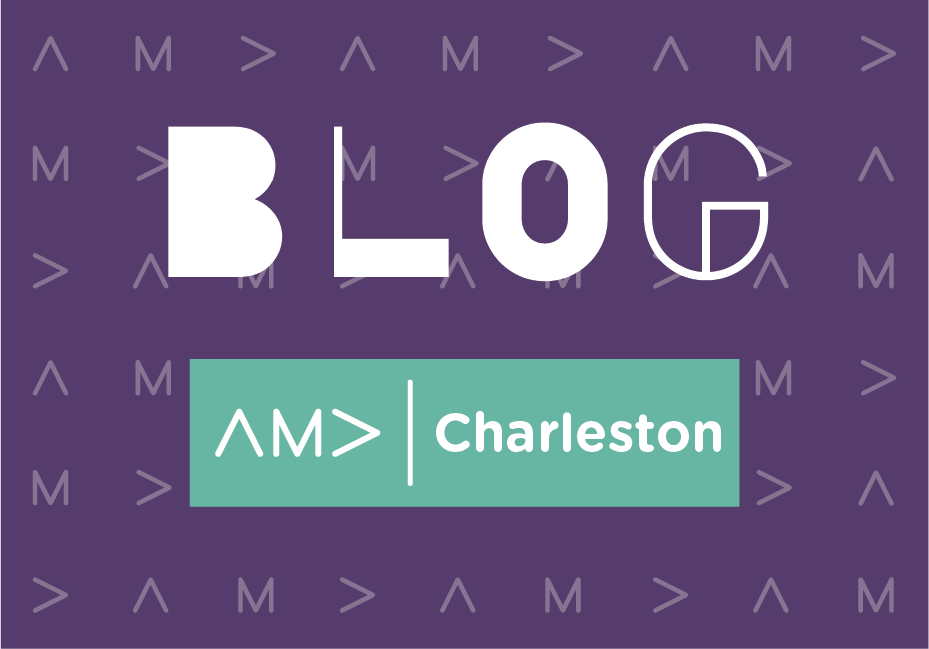
Silence is a powerful tool that can enhance our listening abilities. Many of us, though, are uncomfortable with silence entering our conversation. This awkward feeling compels us to jump in with a story to match theirs or a witty comment to bring a laugh, especially if the topic is emotional. Rarely, do we sit with the silence that passes between us.
I saw a friend at the grocery store. She was having a difficult day. She started to vent. I wanted to add my story. Then I remembered. Silence. I put my finger over my mouth to remind myself to keep it closed. I listened. I said “Wow, that sounds tough. Tell me more about that”. I became her sounding board. She paused and I was tempted to interject. Then, I recalled my finger over my mouth. I waited. It seemed like forever. I thought that at any minute she would look at me and say, “What?” But she didn’t. She continued her train of thought with a deeper clarity. When she said goodbye, she thanked me for my wonderful advice. I chuckled since I had given her zero advice. I gave her more important gifts: my ear and my time.
Combining silence with other components of reflective listening can build connection and trust. The five components are 1) attending behaviors, 2) acknowledgements, 3) door openers, 4) silence, and 5) reflectively responding. The first three components are discussed in previous columns of the Moultrie News. Not all of these ingredients are necessary in every dialogue, but each conversation needs to be wrapped with empathy to have the maximum effect.
This compassionate silence is not the cold shoulder or punishment. It is the exact opposite. It is walking beside the other through their trials and joys, putting ourselves in their place long enough to imagine what it’s like to be them. It invites the speaker to go deeper with their thoughts, pain, excitement, etc. without us redirecting the conversation. It is stilling our minds as well as our voice. One way to quiet your thoughts is to imagine your mind as a white board and practice wiping it when you begin a conversation.
Silence and reflectively listening can be highly effective when someone is upset with you and needs to vent. This is a real challenge, for many times we feel attacked and want to retaliate. If we do not take the first 15 minutes of the conversation personally, the speaker’s emotional level will return to equilibrium and their logic will be restored. Then, and only then, can a productive discussion occur.
I invite you to practice silence this week and see what happens. Some people, myself included, find silence extremely difficult. For months, silence was the only skill I worked on because I knew that being quiet was hard for me. I purposefully refrained from taking ownership of the conversation so others could be heard. I gave people space to solve their own problems in my presence.
If you catch yourself forgetting your homeworking, lightly cover your mouth with your finger to remind yourself of the gift you are giving by being a sounding board. It will be hard not to tell someone what to do, but worth it, when you participate in their growth. Finally, wrap all communication with empathy.
 Julie Chapman is a facilitator for a community based communication skills training class, which is offered for free by a nonprofit, Our Community Listens. The content was developed by Barry-Wehmiller University; a leadership training facility for Barry-Wehmiller, Inc. Charleston is one of five communities in the U.S. that is piloting the life-changing curriculum to see if employing new skills can change communities. Contact Leigh Ann Garrett for information regarding upcoming classes: Charleston@OurCommunityListens.org
Julie Chapman is a facilitator for a community based communication skills training class, which is offered for free by a nonprofit, Our Community Listens. The content was developed by Barry-Wehmiller University; a leadership training facility for Barry-Wehmiller, Inc. Charleston is one of five communities in the U.S. that is piloting the life-changing curriculum to see if employing new skills can change communities. Contact Leigh Ann Garrett for information regarding upcoming classes: Charleston@OurCommunityListens.org






